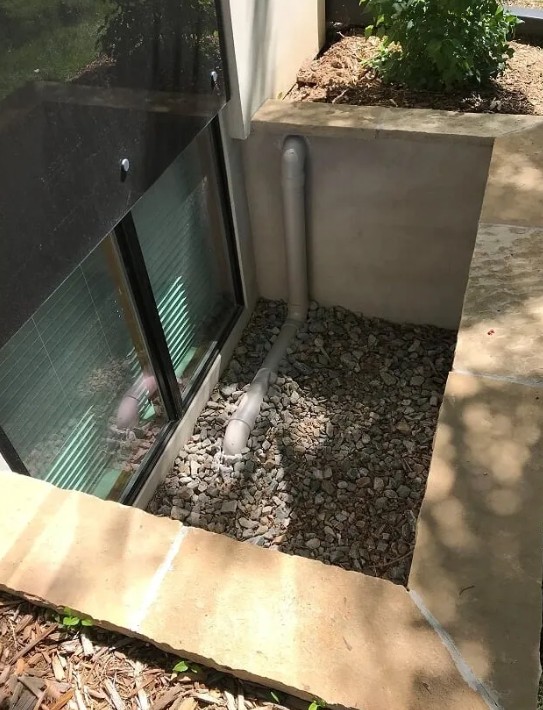A pest-free home is not only essential for comfort but also crucial for maintaining the health and safety of your family. From creepy crawlies to unwanted rodents, pests can wreak havoc in your home and garden. Fortunately, effective pest control Yorkville IL methods exist to help you keep your living spaces and lawns in tip-top shape. In this guide, we will explore various pest control strategies and how they integrate with regular lawn maintenance and landscaping.
Understanding the Importance of Pest Control
Pest control is vital for several reasons:
• Health Risks: Many pests can transmit diseases to humans and pets, making effective pest control a necessity.
• Property Damage: Pests like termites and rodents can cause significant damage to your home and garden.
• Food Safety: Pests can contaminate food supplies, making pest control crucial for maintaining kitchen hygiene.
Top Effective Pest Control Methods
1. Preventative Measures
Prevention is often the best pest control strategy. Here are some tips to help you keep pests at bay:
• Seal Entry Points: Inspect your home for cracks, gaps, or holes where pests could enter. Use caulk, steel wool, or weather stripping to seal these entry points.
• Maintain Your Lawn: Regular lawn maintenance can deter pests from making your garden their home. Keep your lawn well-mowed and free of debris, which can harbor pests.
• Proper Waste Management: Store trash in sealed containers and dispose of food waste promptly. Pests are often attracted to food sources, so keeping your environment clean is essential.
2. Natural Pest Control Solutions
Natural pest control methods can be highly effective and environmentally friendly. Here are some options:
• Essential Oils: Many essential oils, such as peppermint, tea tree, and eucalyptus, act as natural repellents. Mix a few drops with water in a spray bottle and apply to areas where pests are problematic.
• Diatomaceous Earth: This natural powder is effective against crawling insects. Sprinkle it around your home’s perimeter and in areas where pests are commonly seen.
• Beneficial Insects: Introducing beneficial insects, like ladybugs and lacewings, can help control pest populations in your garden. These insects prey on harmful pests, making them a great addition to any landscape.
3. Chemical Pest Control
When natural methods aren’t sufficient, chemical pest control might be necessary. Here’s what you should know:
• Pesticides: Choose pesticides that are effective for your specific pest problem. Always follow the instructions on the label to ensure safety for your family and pets.
• Integrated Pest Management (IPM): This approach combines chemical and non-chemical methods to manage pest populations effectively. By using monitoring techniques, you can determine when to apply treatments, minimizing chemical use.
• Professional Pest Control Services: If you have a severe infestation, hiring a professional pest control service may be your best bet. Experts can assess your situation and provide targeted treatments.
4. Regular Lawn Maintenance
Proper lawn maintenance is crucial for preventing pest infestations in your garden. Here are some key practices:
• Aeration: Aerating your lawn helps improve drainage and reduces soil compaction, making it less hospitable to pests.
• Fertilization: A well-fertilized lawn can withstand pest attacks better than a weak one. Use organic fertilizers whenever possible for healthier soil.
• Watering Techniques: Overwatering can create a haven for pests. Water your lawn early in the morning to reduce evaporation and keep pests at bay.
Choosing the Right Landscaper for Pest Control
When it comes to maintaining a pest-free environment, a skilled landscaper can play a significant role. Here are some qualities to look for when selecting a landscaper who can also help with pest management:
• Experience: Look for a landscaper with a proven track record in pest control and landscape management.
• Integrated Approach: A good landscaper will use a combination of natural and chemical methods tailored to your specific landscape needs.
• Ongoing Support: Choose a landscaper who offers maintenance packages, ensuring that your garden stays healthy and pest-free throughout the seasons.
Questions to Ask Potential Landscapers
Before hiring a landscaper, consider asking these questions:
• What pest control methods do you recommend for my garden?
• Can you provide references or testimonials from previous clients?
• Do you offer ongoing maintenance and support for pest control?
Conclusion
Maintaining a pest-free home requires a combination of effective pest control methods and regular lawn maintenance Yorkville IL. By implementing preventative measures, utilizing natural solutions, and knowing when to turn to chemical treatments, you can protect your home and garden from unwanted pests. Additionally, hiring a knowledgeable landscaper can help you develop a sustainable pest management plan that keeps your outdoor space thriving.
Investing time and resources into pest control will not only safeguard your health but also enhance the overall beauty and value of your property. So, whether you’re enjoying your well-maintained lawn or relaxing in your pest-free home, you can feel confident knowing you’ve taken the right steps for a healthier environment.


